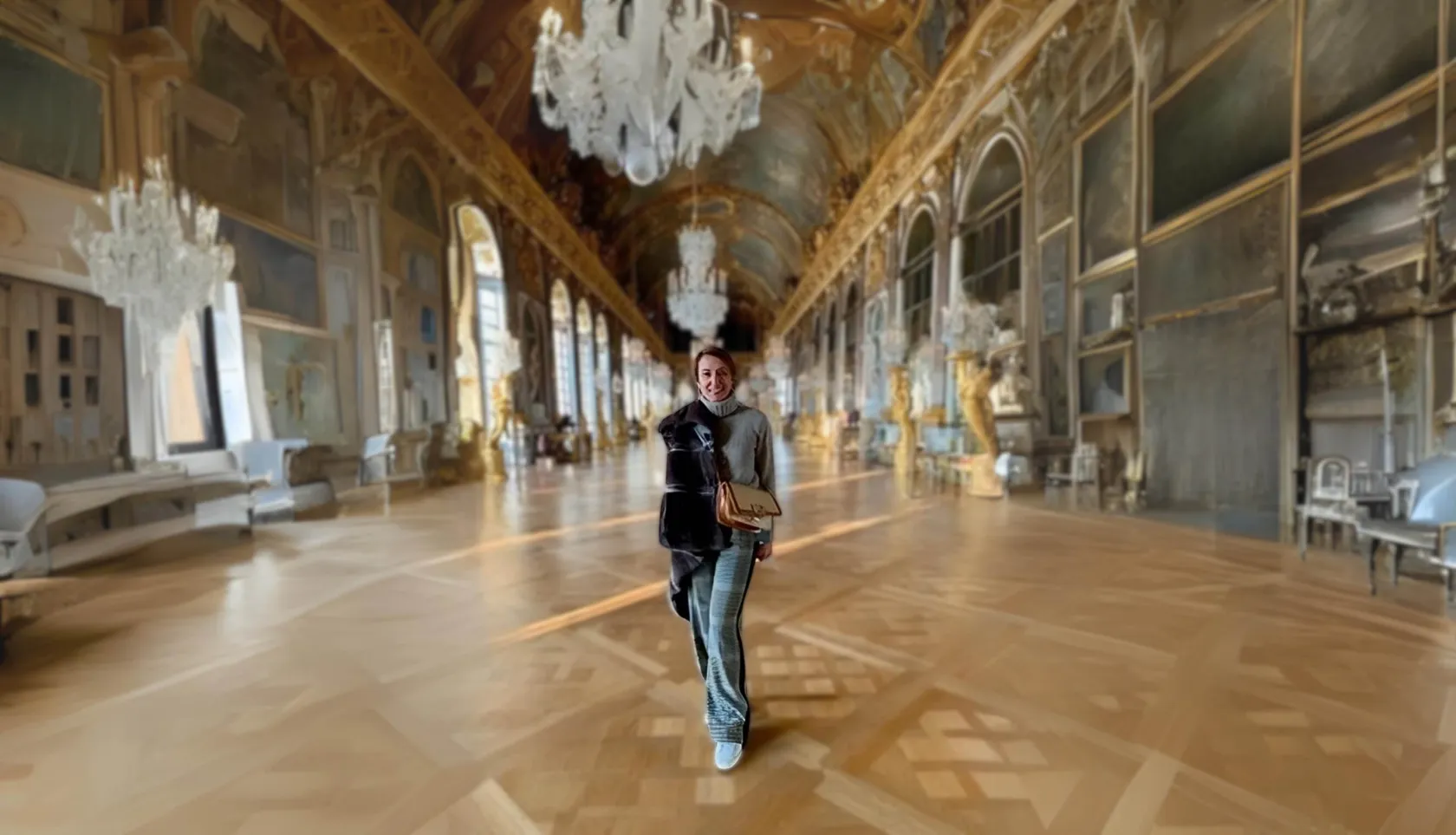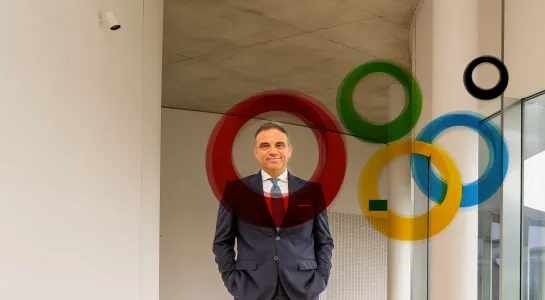
A Minor Nuisance, But Paris Will Benefit from It
Preoccupations, annoyance, and skepticism. But also curiosity, and the awareness that seeing the Olympic Games live in your own city is an opportunity that only happens once in one’s lifetime. With these mixed feelings, Paris (and the whole of France, since certain sporting competitions, especially in the early stages, will also be featured in other cities) is preparing to welcome the Olympic Games which will start on 26 July and end on 11 August. “The French are by their nature inclined to see the half-empty glass,” says Sarah Bartesaghi Truong, Milanese but born in Liguria, and a Bocconi graduate in Economics who has lived in Paris since 2016, where she became an entrepreneur in the luxury tourism sector (VeniVidiParis is her brand) and Bocconi Alumnae and Alumni chapter leader since June 2023, "so they are focusing on the inconveniences ahead of the Games, such as a series of traffic limitations and the closure of some key areas, for example place de la Concorde.” And then there is the greatest fear, the threat of a terrorist attack, increased and magnified by the massacre that recently occurred at a music venue in Moscow. “For the first time, rather than in a stadium, the opening ceremony will take place in a larger outdoor area which is more difficult to control, that is, along the Seine. All this happens at a time when President Macron's popularity is very low," says Ms Bartesaghi Truong. The Olympics, therefore, at the moment are more tolerated than welcomed, with Parisians noticing the negative aspects above all.
“In fact, having spoken to colleagues and acquaintances from cities that have hosted the Olympics in the recent past, there is a similar sentiment prevailing everywhere when a city is given the task to organize an event of this magnitude.” Because the nuisance of having construction sites open near you for a time outweighs the expected future benefits that will derive from such works. However, some inconveniences will be real, such as the increase in the cost of public transport ("which, however, will mainly affect single journeys and will therefore largely fall on tourists") and those of museum entrances, for example. But not only that. “The inhabitants of Paris, rather than being involved in the organization, were in a certain sense invited to step aside. They were told that during the weeks of the Games it is advisable for them to stay at home and work from home, rather than risk causing the public transit network to collapse. A totally negative message, in my opinion," continues Bartesaghi Truong, "because Parisians are paying for these Games out of their pockets and are then invited to step out of the picture."
Paris is a city that thrives on tourism all year round thanks to its attractions, especially cultural ones. Will these Games bring many more people? “The ticket sales system favors the French above all, and the president of the organizing committee says two thirds of visitors will be French, who in practice would come on a trip to Paris to attend a day of competitions. However, I am not convinced," says Bartesaghi Truong, "in my opinion, foreigners will come and there will be more and more of them as the last days of competitions approach". Paris, as we said, is waiting for the starting date with some concern. But there are also the positive aspects. "Certainly. First of all, they will be inclusive Games, to which many will be able to contribute. I know several people, I'm talking about professionals, who will be involved as volunteers. Then there will be several parallel events, such as a marathon open to all along the streets of the city. But also the Olympic Village, built in an area at the outskirts of Paris which has the lowest GDP per capita in all of France, so that the new facility will obviously constitute a resource for the inhabitants of the neighborhood in the future. The reference in my opinion is London, where a large part of the city was revitalized thanks to the Games.” No empty shells in a wasteland, then. “In the end I believe that, also out of pride and aware that the whole world is watching them, the French will do everything for the best. And Paris will seize the opportunity to accelerate an urban transformation that began 20 years ago and which has seen a dizzying increase, for example, in the number of cyclists and bike lanes," continues Bartesaghi Truong, "to the point that, today, instead of traffic jams due to cars we have bicycle jams."
